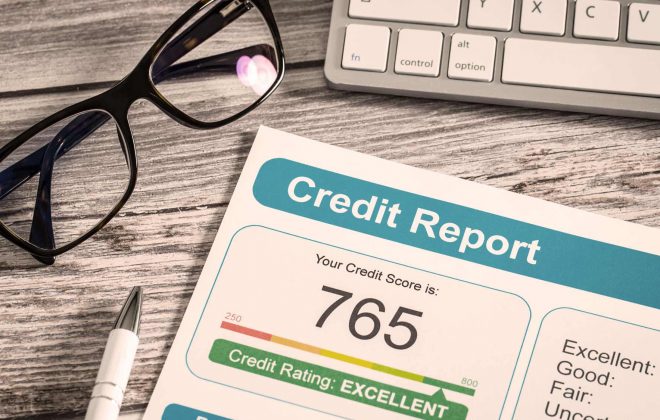What you need to know about credit reports
It’s more important than your matric marks, your age and even your monthly salary… Know what it is? It’s your credit report, of course. In fact, when it comes to taking out a loan of any sort, be it to purchase a house or car or simply just an account at your local Edgars store, your credit report is the single most important factor taken into consideration.
What exactly is a credit report?
A credit report is a historical account of how someone who has borrowed money repays that money. Consisting of information supplied by banks, credit card companies, short term loan suppliers, collections agencies and even the government, a credit report details how diligently you pay back your debt.
To ascertain whether you are a low or a high risk borrower, potential lenders pull a credit report. Based on your credit record, a credit report not only includes which accounts and loans you have, but also how regularly and well you repay them. Based on this, you will be allocated a score indicating whether you are a low or high risk borrower and a company can then use this risk profile to determine if they are going to grant you additional funds or not. Credit scores can range from 0 to 999, with the latter indicating that you are a low risk borrower (and that companies can have peace of mind when lending to you), while a low credit score points to bad debt repayment habits, resulting in you being labelled a high risk borrower.
Why is it so important?
Thinking of buying a house, upgrading your ride or even just opening an account at Foschini? You’ll need to achieve a high credit score to get that loan… While each organisation uses your credit report differently, the more defaulted payments you have, the less likely it becomes that they will give you access to a substantial amount of credit at a good price.
Not looking so fresh? Try these tips to maintain a healthy credit record:
- Always pay the full instalment amount on all of your loans every month
- Make sure to pay your accounts on time
- Never ignore a letter of demand for payment. Instead, contact your lender to explain your situation and arrange an alternative repayment plan
- If you receive a summons to court, act immediately. Any ruling against you can permanently damage your credit report
- Pull your own credit report regularly. Sure, it will benefit you to see your score and to implement corrective measures where necessary. It will also help you identify fraud – something which can wreak havoc with your credit record if not identified quickly
We can help – get your FREE credit report right here…
Want to see how you measure up? Why not try our FREE mini credit report?
MoneyShop





